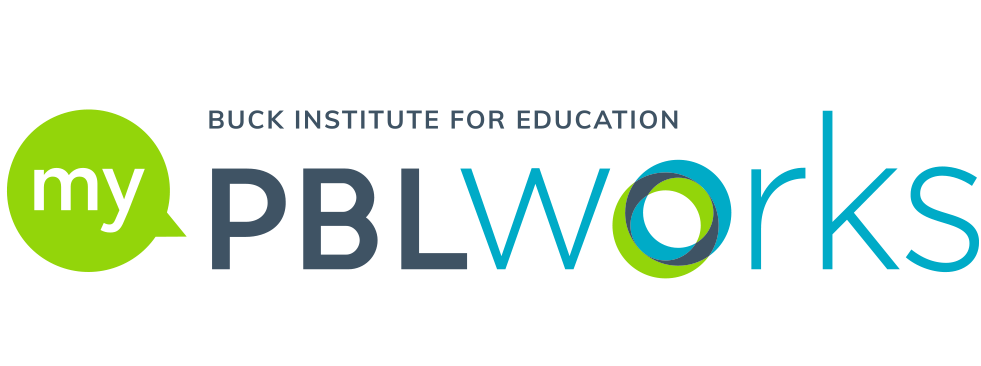A Way to Ensure High-Quality Project Based Learning for All
Project Based Learning is increasingly recognized as a powerful instructional approach in the United States and throughout the world. More and more practitioners are using PBL, and this growing demand has created a tremendous need to equip teachers and leaders with the knowledge, skills, and understanding to implement PBL effectively to achieve student outcomes. Currently, there is no widely agreed-upon definition and detailed description of what high quality PBL looks like in practice. This has resulted in a high degree of variability in how teachers and school leaders understand and enact PBL in classrooms and schools. Far too often, "hands-on" learning and "fun" activities are mistaken as PBL, falling way short of the promise of the kind of deep and engaging academic learning that results in improved student achievement. This will erode the growing confidence in PBL as an effective instructional approach and undermine the spread of PBL as a mainstream practice.
The development of the Buck Institute for Education’s Gold Standard PBL model was a step toward addressing these issues for our organization, but now we need to go wider and deeper.
Beginning this fall, BIE will be leading an initiative to design, develop, and disseminate a set of nationally and internationally recognized guidelines for the practice of high quality PBL, in collaboration with national and international leaders and experts in PBL. Sponsored by the Project Management Institute Education Foundation, BIE, along with other education leaders, will develop and disseminate a set of nationally and internationally recognized guidelines for high quality PBL.
This project, called High Quality PBL: Guidelines for Practice, will create a detailed framework to describe what high-quality Project Based Learning looks like to help ensure quality and consistency across classrooms, schools, districts, and states. The guidelines will be used by:
- students, teachers, and leaders in public, private, and charter schools to improve teaching, learning, and assessment;
- instructional coaches and professional developers to build the capacity of teachers and leaders;
- pre-professional and teacher-education programs to certify principals and teachers; and
- technology companies to guide the development of PBL tools and resources.
As a result of this effort, more and more students will master core academic content and the deeper learning competencies of critical thinking, collaboration, communication, and self-directed learning with an academic mindset.
Join the Effort
We are putting together a large group of thought leaders, educators, policymakers, business leaders, philanthropists, and other stakeholders (including parents and students) to contribute to the conversation around high quality PBL. To join in the movement, follow along at #PBL and look for additional content on the BIE blog and Getting Smart's blog. Beginning in early 2017, there will be opportunities for you to provide feedback on the draft of the guidelines and to share your voice and stories around high quality PBL.
We want to draw on educators’ PBL wisdom and experience and learn from it. This fall, we are soliciting ideas on the following:
- What's working well with PBL currently? (in your context and from your perspective)
- What could be better? Put another way, what gets in the way of high quality PBL?
Please add to the comments below with short answers to these questions, and we may quote you in an upcoming blog on this work.
To view or download this resource, log in here.
Login